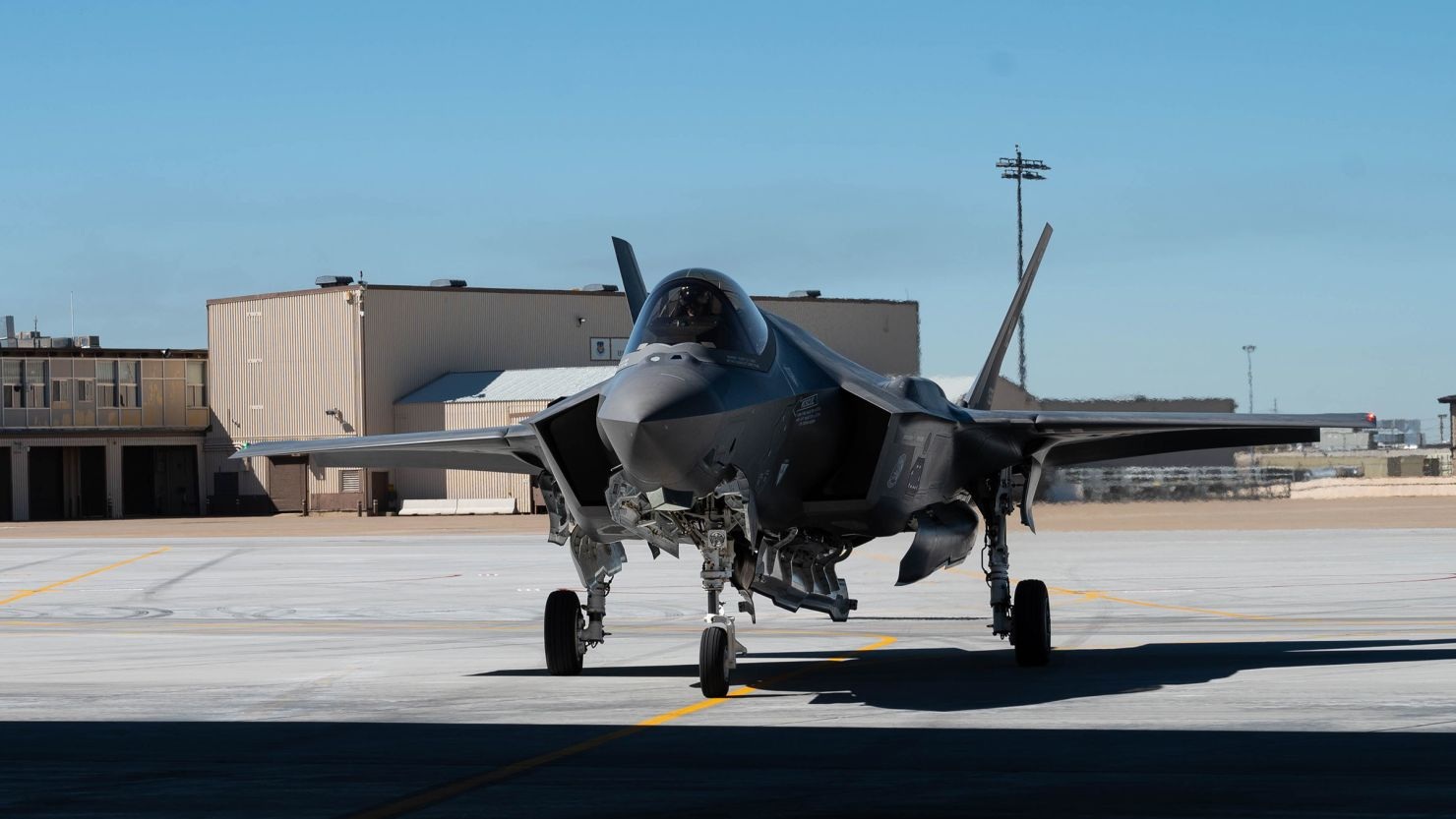The United Kingdom, as of Wednesday, June 25, 2025, is set to make its most significant change in nuclear policy in over three decades, with plans to acquire at least a dozen F-35A fighter jets capable of carrying tactical nuclear weapons.
According to online media reports, the purchase marks the first time since the Cold War that the UK will have an air-delivered nuclear capability.
This purchase would supposedly significantly expanding its nuclear deterrent beyond submarine-based systems.
Prime Minister Keir Starmer is expected to formally announce the acquisition on Wednesday at the NATO summit in The Hague.
There alliance members are poised to approve a dramatic increase in collective defense spending.
The move comes amid heightened global tensions and what officials are calling an era of “radical uncertainty.”
“In an era of radical uncertainty we can no longer take peace for granted,” Starmer said in a statement released ahead of the summit.
“These F-35 dual-capable aircraft will herald a new era for our world-leading Royal Air Force and deter hostile threats that threaten the UK and our Allies.”
The F-35A, manufactured by Lockheed Martin in the United States, is a variant of the F-35 family of stealth fighters.
Unlike the F-35B, already in use by the Royal Air Force and Royal Navy, the F-35A is designed to carry tactical nuclear weapons, specifically the U.S.-produced B61 gravity bomb, which is part of NATO’s shared nuclear arsenal.
According to the UK government, the jets will be deployed under NATO’s “dual-capable aircraft” mission.
This is reportedly a key pillar of the alliance’s nuclear deterrence strategy.
They will be based at RAF Marham in Norfolk, currently home to the UK’s fleet of F-35Bs.
The acquisition is not just a military milestone; it’s also a significant economic move.
With 15 percent of the F-35 global supply chain located in the UK, the program is expected to support around 20,000 jobs across the country.
NATO Secretary-General Mark Rutte welcomed the UK’s decision, calling it “yet another robust British contribution to NATO.”
He praised the move as evidence of the alliance’s renewed commitment to collective defense in the face of evolving threats.
Europe Responds to Rising Threats
The UK’s announcement comes as NATO prepares for a historic shift in defense policy.
Member states are expected to endorse a new target of spending 5 percent of GDP on defense, more than double the current 2 percent guideline.
This dramatic increase comes in response to growing concerns about Russian aggression, cyber threats, and a global arms race that shows no sign of slowing.
The UK has already committed to meeting the 5 percent target and is currently investing heavily in new nuclear-powered attack submarines and munitions production.
The new F-35A purchase aligns with this broader rearmament strategy.
Other European nations are also stepping up.
Germany, traditionally more restrained in military matters, announced plans this week to become “Europe’s strongest conventional army,” according to Chancellor Friedrich Merz.
Germany is also among the seven NATO nations already hosting dual-capable aircraft capable of deploying U.S. nuclear weapons.
The rearmament push follows years of pressure from the United States, particularly under former President Donald Trump, who repeatedly criticized NATO allies for not contributing enough to the alliance.
Trump’s administration questioned the U.S. commitment to defend countries that failed to meet spending goals and even threatened to withdraw from NATO entirely.
A New Era of Deterrence
The UK’s decision to reintroduce air-delivered nuclear capability signals a strategic recalibration, not just for London, but for the alliance as a whole.
With the geopolitical landscape growing more volatile, NATO appears increasingly committed to bolstering both conventional and nuclear deterrence across Europe.
“This is not about aggression,” a senior UK defense official said.
“It’s about deterrence—about showing that we are prepared to defend ourselves and our allies in a world that is becoming more dangerous by the day.”
As NATO leaders gather in The Hague, the message from the UK is clear: the post-Cold War era of minimal nuclear posture is over.
In its place is a rearmed, re-assertive Europe, preparing for an uncertain future.







